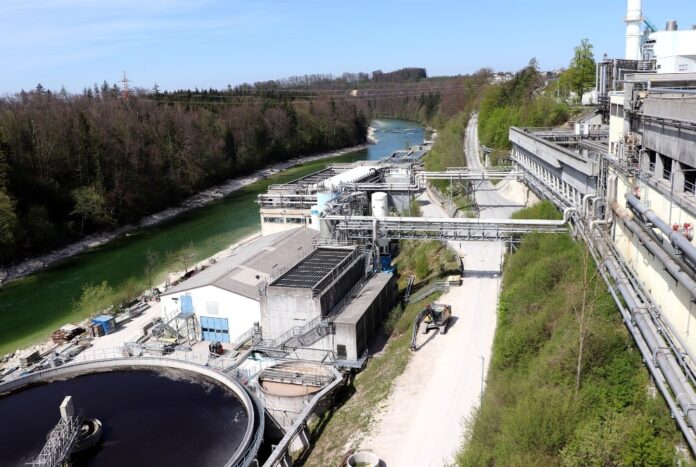Far under utilized around the globe, greywater can help ease the burden on municipal water sources. But what is greywater, and why should you care?
Greywater is the wastewater from showers, baths, bathroom sinks, and laundry. When used correctly, it can be safely reused to water planters, flush toilets, and more.
If you’re ready to unlock the potential of recycled greywater, let’s take a closer look at the many benefits of Collecting Greywater systems.
Conserving Water and Reducing Waste
Collecting and reusing greywater reduces the strain on water resources, curbs the growth of water treatment facilities, and leads to a smaller carbon footprint by reducing the amount of energy needed to treat water.
Greywater can be an important part of a conservation plan, as it is usually collected and stored, such as in a rain barrel, and then reused for watering lawns and gardens.
Additionally, greywater use can reduce the amount of water used in households, especially in water-scarce or drought-prone regions. By collecting greywater, we can also significantly reduce water waste and help conserve our valuable water resources.
Lower Utility Bills and Financial Savings
Greywater collection can reduce total water usage, resulting in lower water bills, as well as reduce the amount of fresh water that needs to be purchased from the municipality.
Homeowners who collect and use greywater can see an increase in their financial savings while utilizing an environmentally responsible resource.
Industrial wastewater storage tanks allow for the collection and retention of this greywater for future reuse. This cost-effective method allows for the reuse of water for a variety of tasks and purposes, such as:
- irrigation
- toilet flushing
This is greatly reducing water costs and municipal water expenditure.
Safeguarding the Environment
Greywater is considered a great resource for both individuals and the environment. Capturing greywater also helps reduce run-off associated with heavy rains, helping avoid potential flooding or surface water pollution.
Greywater also helps safeguard the environment as it helps reduce the strain placed on municipal wastewater treatment plants and can also help reduce water consumption.
By treating and filtering greywater, individuals can also reduce their ecological footprint and save money at the same time.
Increasing Access to Water for Farming
Greywater, or household wastewater, can be a valuable resource for agricultural production. Greywater is wastewater that contains significantly fewer pollutants than that of regular wastewater and is an excellent substitute for water sources used in irrigation.
It contains nutrients such as nitrogen and phosphorus that are important for plants, and its uses can improve crop yields. Collecting and storing greywater can help reduce the need to harvest water from:
- rivers
- lakes
- aquifers
This helps reduce the strain on these sources and increases access to water for farming. Additionally, greywater is free and easy to collect, making it ideal for use in small-scale agricultural operations. By utilizing this valuable resource, farmers are able to more freely access the water needed for their operation, ensuring adequate supplies of food and improved food security.
Learn the Benefits of Collecting Greywater
Collecting Greywater provides a sustainable alternative to using precious freshwater resources, especially during periods of water scarcity or drought. Greywater systems are reliable, affordable and easily accessible for most households.
With its many advantages, greywater is becoming an increasingly attractive and responsible alternative for households worldwide. So take action for a healthier future and explore the benefits of collecting and using greywater in your home today.
Did you find this article helpful? Check out the rest of our blog.










